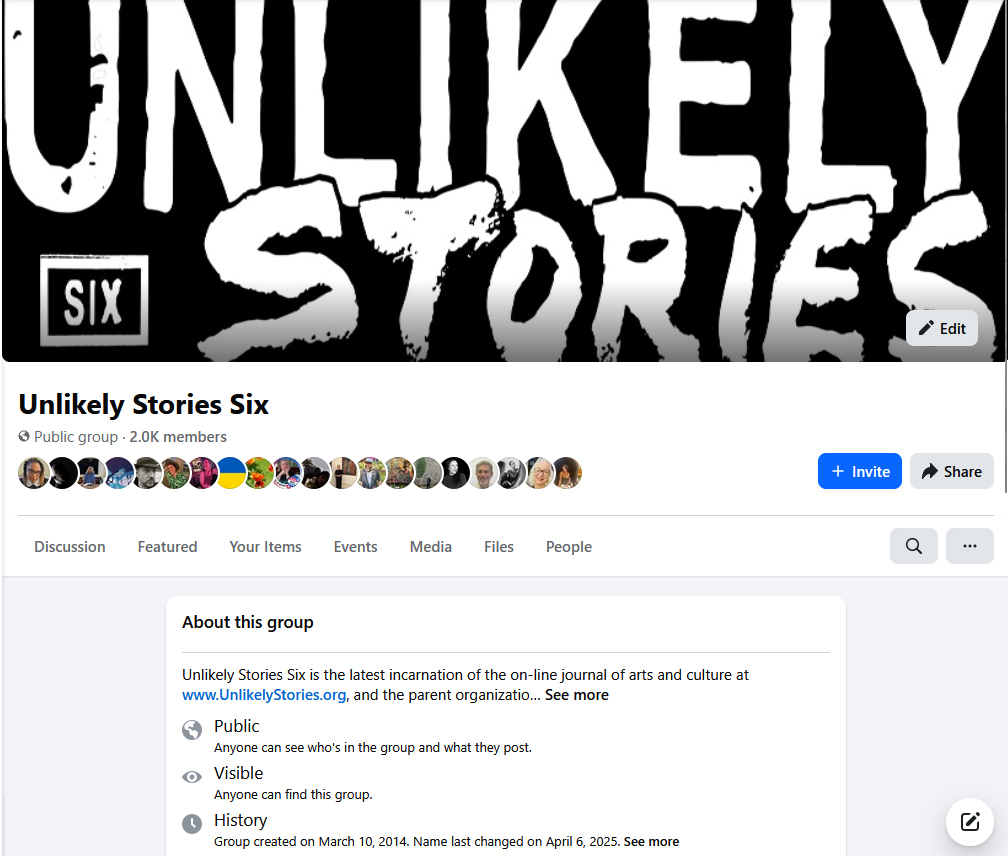Are these thoughts too coldly metaphysical? Is it unfair to read all this into an innocent game show just trying to give people a half hour of fun? That might be the case if it weren’t abundantly clear that Monty Hall was a master at the emotional elements of his games of chance. “I can extract more excitement per square nickel by slowly peeling off five $100 bills than some other show gets by giving away a house,” he once said. No mathematician himself, he still intuitively grasped why most people would fail to see why it’s better to switch doors than not switch. In 1991, when the frenzy over the problem reached its crescendo, the editors at the New York Times thought it would make a good feature to have their science reporter, John Tierney, play a few door switches with Monty in his Beverly Hills home. The problem, Tierney assured his readers, “has been debated in the halls of the Central Intelligence Agency and the barracks of fighter pilots in the Persian Gulf. It has been analyzed by mathematicians at the Massachusetts Institute of Technology and computer programmers at Los Alamos National Laboratory in New Mexico.” With logic on his side, knowing the fallacy behind most peoples’ decision not to switch, Tierney did not switch doors and won four cars out of ten rounds. For the next ten rounds, he switched and did much better: eight cars and two goats. Advantage Tierney? Not quite. Hall suggested more trials. Tierney, who thought he still understood the game he was playing with Monty, chose door number one. To quote the Times:
“That's too bad," Mr. Hall said, opening Door 1. "You've won a goat."
"But you didn't open another door yet or give me a chance to switch."
"Where does it say I have to let you switch every time? I'm the master of the show.”
Hall’s interpretation of the rules proved remarkably flexible (or slippery, if you wish) that day, with different rules yielding different results. In the years after the Monty Hall problem became famous, some commenters recognized that the question of whether you should switch depends on unrecognized assumptions about what rules the contestants think they’re playing by. In that sense, there is no “right answer” at all. “If the host is required to open a door all the time and offer you a switch, then you should take the switch,” Hall said. “But if he has the choice whether to allow a switch or not, beware. Caveat emptor. It all depends on his mood. My only advice is, if you can get me to offer you $5,000 not to open the door, take the money and go home.”
That sounds less like a problem in formal probability and more like real life, doesn’t it? We often cannot even calculate the risks we face when we’re confronted with some dilemma, or even know when, if ever, we’ll face the same dilemma again. We may not even know which aspects of our environment are inflexible rules, which are liable to switch at any moment, or even which incentives we’re really responding to. As if to prove the point, Monty Hall and John Tierney played another round. By now they were both having fun. “He loved that this was going to be on the front page of the Sunday New York Times,” Tierney recalled. Hall asked Tierney if he wanted to switch doors. Tierney switched to door #2, the “correct” answer. Then Hall took out a wad of bills. “I’ll give you $3,000 not to switch.” Tierney wanted to switch anyway. Hall offered Tierney $4,000. Tierney wouldn’t back down. He still wanted to switch. Hall offered $4,500. $4,700. $4,800. Tierney still wanted to switch. Monty Hall made his final offer: $5,000. Tierney wouldn’t budge; he was switching no matter what. When the door was opened, he’d won a goat.
“Do you see what happened there?” Hall told Tierney. “The higher I got, the more you thought the car was behind door #2. I wanted to con you into switching there, because I knew the car was behind 1. That’s the kind of thing I can do when I’m in control of the game. You may think you have probability going for you but there’s the psychological factor to consider.”
This could merely be the master game show host ramping up excitement, but it also sounds like a Kafka story about cunning authorities manipulating rules that were never precisely defined to begin with. How did Monty Hall learn to do that? Was it his own schooling in randomness, the many years when he’d been a show business nobody, subject to the whims of others? “We all run scared in television,” he once said. “We were desperate for survival. It’s easier to fight when you’re not afraid, when a failure doesn’t threaten to finish you.” Maybe the Monty Hall problem’s ascent to celebrity status was less random than it seemed. Perhaps the elements that conspired to make it famous were waiting to happen, lined up in ways no one could recognize (or cared to) till the whole phenomenon emerged fully born. This raises disturbing questions about what other, less benign phenomena are out there waiting to emerge when their hour comes round at last.





Add comment